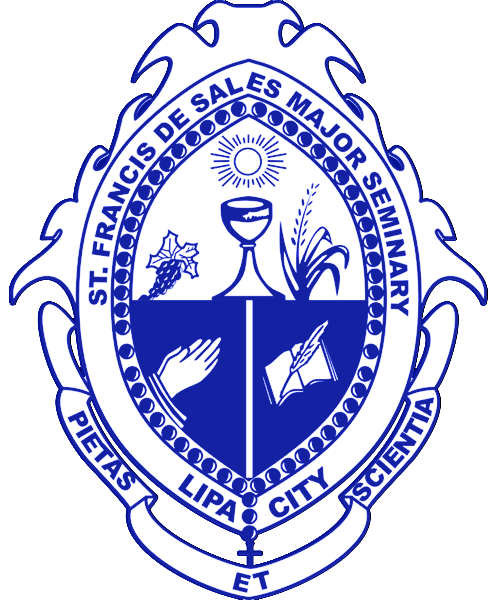Home
“Ever-growing men in a sincere searching of the will of God in the priestly formation”
A vision of the Church entails a vision of priestly ministry. Conversely, a particular vision of priestly ministry serves a vision of the Church. Seminary formation in the Philippines becomes effective only if it conscientiously and purposedly molds seminarians in the complex world of formation according to the vision of priestly ministry at the service of the Church in the Philippines, Asia and even in other parts of the world. Remaining faithful to the directives of Vatican II as contained in Optatam Totius and using the areas of seminary formation identified by John Paul II in Pastores dabo vobis, diocesan seminary formation in the Philippines sets for itself the objectives.
Growth in self-identity is best facilitated when the formation process pays attention to a seminarian’s unique personal background and needs, which can become increasingly complex as Philippine society changes drastically. Such personalized attention, with the seminary administrators serving as companions, prevents seminaries from forcing a seminarian into predetermined rigid mold of being human. Instead a college seminarian is best formed on the human level when accepted for what he is and is helped to be open to personal change and to the creative use of his human resources. Through this approach it is hoped that a college seminarian discovers his human condition and thereby respects his own person, other human beings, creation, and God- marks of maturity to college seminary formation is directed.
In college, the main focus of human formation is the achievement of a balance between self-identity and socialization. Personal values develop in tandem with social virtues as a seminarian faces both his very self and various human situations in the world and history. Individualistic isolationism and enslaving social dependence are to be avoided. (UPPPF, 188-190).







